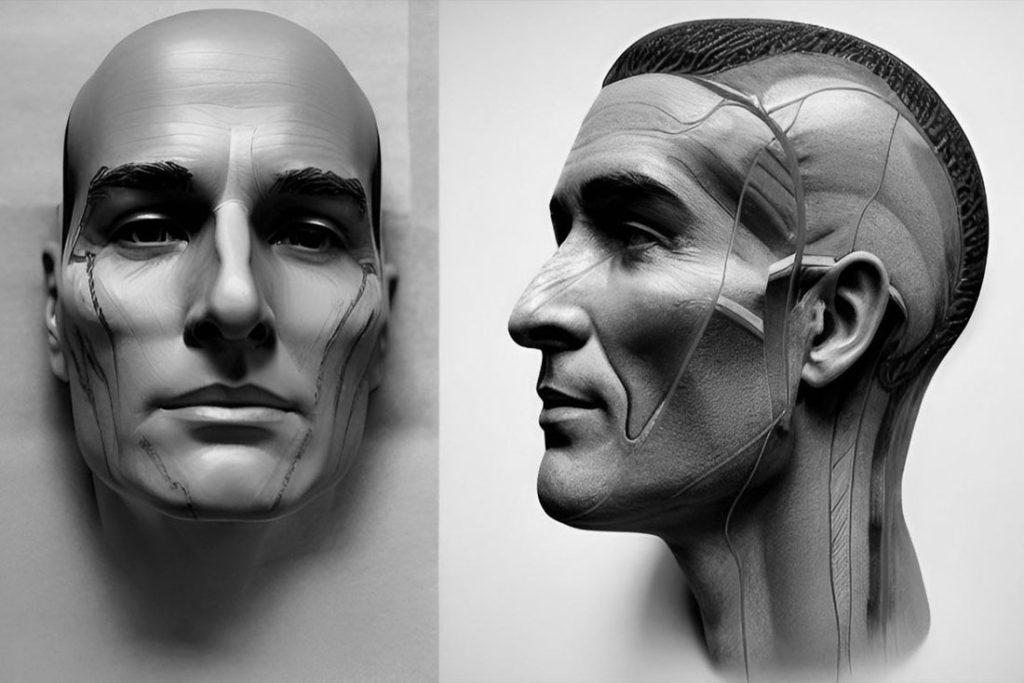Unveiling the Complexities of Hair Loss: A Comprehensive Guide for Cosmetologists
In the rapidly evolving field of cosmetology, professionals often find themselves at the intersection of beauty and healthcare. With hair loss being a universal concern that affects millions, cosmetologists can play an invaluable role in the early identification and non-medical management of various types of alopecia. This article aims to provide an in-depth understanding of hair loss conditions and their treatments for beauticians, enabling them to serve as the first line of informational support for clients.

Hair Loss
Understanding Alopecia: The Medical Nomenclature of Hair Loss
The term “alopecia” serves as an umbrella under which various forms of hair loss reside. It refers to the partial or complete absence of hair from areas where it usually grows. The most prevalent types include androgenic alopecia, alopecia areata, and postpartum alopecia.
Androgenic Alopecia: The Common Culprit
Also known as androgenetic alopecia, this is one of the most prevalent forms of hair loss, affecting both men and women. The condition is characterized by:
- Terminal Hair Miniaturization: The transformation of thick, coarse terminal hair into thin, fine vellus hair.
- Shortened Anagen Phase: The active growth stage of the hair follicle is reduced, leading to a decline in hair length and density.
Demographics and Characteristics
- Affects approximately 50% of men and women post-puberty.
- A significant number of women, approximated at 30 million, experience hair loss predominantly post-menopause.
- In men, it manifests as a receding hairline and thinning in a horseshoe-shaped pattern.
- In women, it is often characterized by diffuse thinning over the crown, top, and temple areas.
Alopecia Areata: An Immune Response Gone Awry
This is an autoimmune disorder in which the body’s immune system mistakenly targets its hair follicles, causing hair loss. Unique characteristics include:
- Localized Hair Loss: Round or irregularly shaped patches of baldness appear on the scalp or other parts of the body.
- Interruption in Hair Growth: White blood cells attack during the anagen phase, causing hair to prematurely enter the telogen (resting) phase.
Impact and Variations
- As many as 6.8 million people in the U.S. are affected at some point in their lifetime.
- Alopecia Totalis: A more severe form involving the loss of all hair on the scalp.
- Alopecia Universalis: The most extreme type, resulting in the complete loss of all body hair.
Postpartum Alopecia: A Hormonal Cascade
- Often temporary and resolves within a year.
- Characterized by excessive shedding and thinning of the hair, usually occurring two to four months after childbirth.
The Role of Cosmetologists in the Early Identification of Hair Loss
As professionals frequently consulted about hair health, cosmetologists can:
- Educate Clients: Dispel myths and provide evidence-based advice.
- Non-medical Solutions: Recommend wigs, hairpieces, or other cosmetic options.
- Referral: For medical or surgical treatments, clients should be guided to consult healthcare providers.
Treatment Modalities: What Works and What Doesn’t
Although a cosmetologist cannot prescribe medical treatments, knowledge of FDA-approved interventions is crucial for informed client consultations.
FDA-Approved Treatments
- Minoxidil: Topical treatment available in 2% and 5% concentrations.
- Finasteride: An oral medication known for its effectiveness but also its potential side-effects, including risks during pregnancy.
Cosmetic Alternatives
- Hair thickening shampoos and conditioners
- Scalp concealers
- Hair extensions
Conclusion
Understanding the complexities of hair loss is not just a medical necessity but also a requirement for cosmetologists who are often the first point of consultation for concerned individuals. By being well-versed in the various forms of alopecia, associated treatments, and the limitations of their practice, cosmetologists can offer invaluable support to those grappling with the emotional and aesthetic challenges posed by hair loss.







